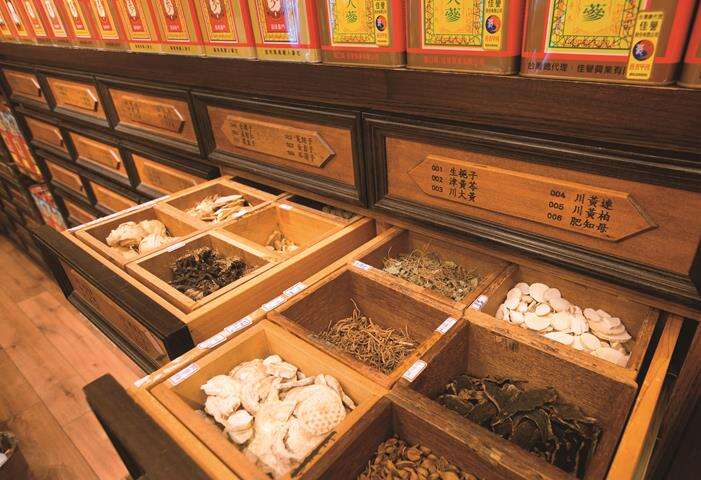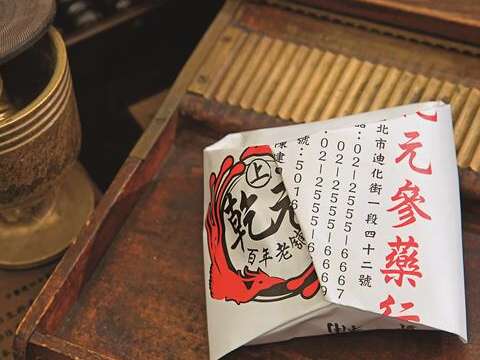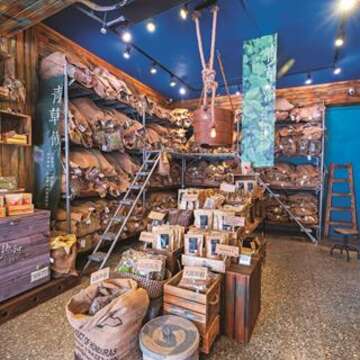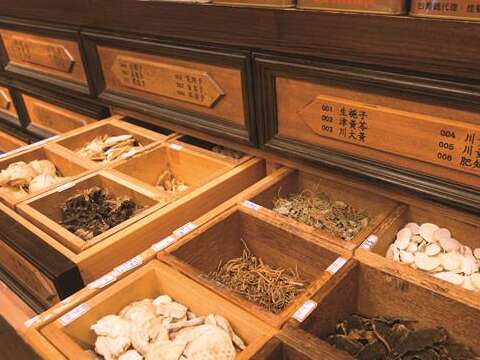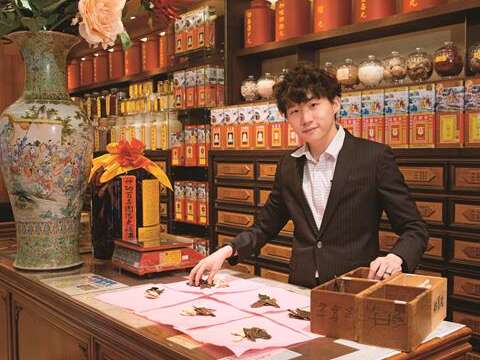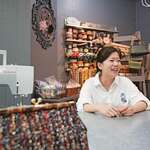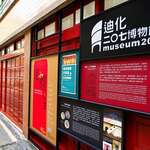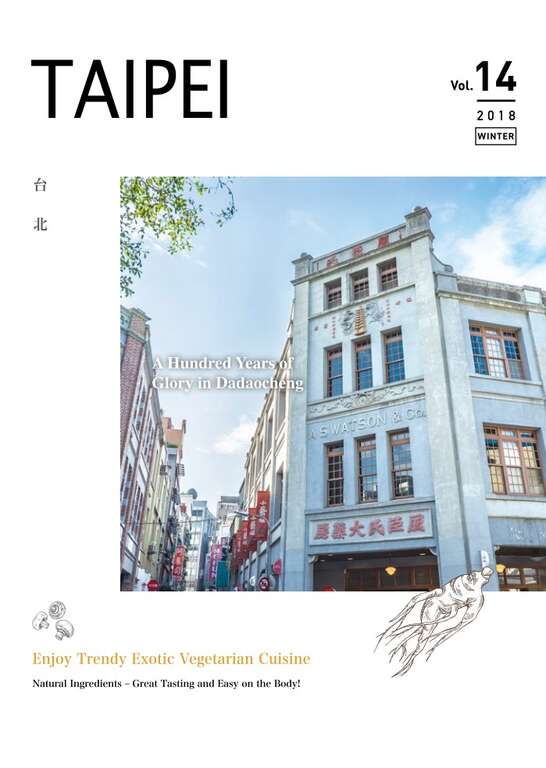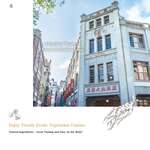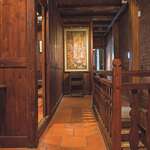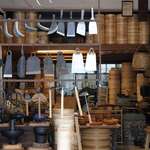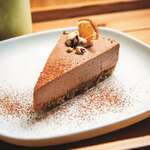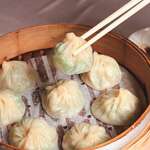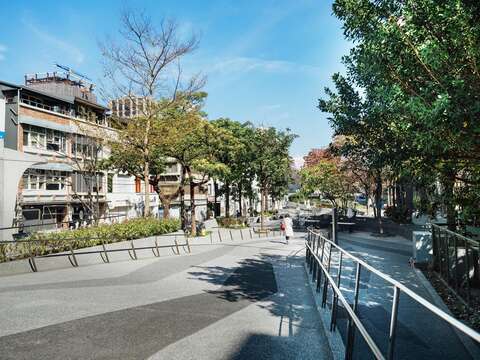Post date:2018-12-07
2367
With a Thousand Years of Wisdom –
Chinese Medicinal Herbs Turn Over a New Leaf
Article: Chen Wanyu
Photos: Lin Weikai, Wang Hanshun
Dihua Street (迪化街) is pungently aromatic. The section heading north from Taipei Xia-Hai City God Temple (台北霞海城隍廟) to Mingshen West Road is called Dihua South Street, and is known for the soothing scents of Chinese medicinal herbs that linger in the air. Back in the Japanese era, the Dihua Street neighborhood was the chief Taipei location for wholesale Chinese medicinal herbs. Herbal medicine dispensaries are still mainly clustered around Minle Street (民樂街), which has caused it to be nicknamed “herbal lane” by the locals. A refreshing herbal essence lingers there.
Before the Japanese period, trade in Dadaocheng mainly focused on groceries and tea; Chinese medicinal herb was only a side business. But when market demand increased, herbs parted ways with groceries and became a separate business unto themselves. In addition, experts were needed to do quality control due to the large disparity in product. Training these experts was something passed down from master to apprentice and from father to son. Once those young trainees had completed their education, they often opened their own businesses in the same neighborhood, and this resulted in a thriving commercial district.
“Walk out of the store and take action. Introduce Chinese medicinal herbs to more people. Erase the stereotype. Bring new life.”
There are today about 200 Chinese medicinal herb outlets in Dadaocheng. They come in a variety of business models, of which 90% are wholesalers. Most enterprises are resellers, selling both wholesale and retail. This kind of store usually sells groceries as well. In the early years, sweet snacks were sold to customers to alleviate the bitterness that often comes with Chinese medicine. But later on these products became part of inventory simply to satisfy customer demand and convenience.
The second largest business segment is the wholesale market. Wholesalers purchase large amounts of imported Chinese medicinal herbs from many different sources, grade them as to quality, and then sell them to resellers. Also, many retail outlets include a pharmacy, where a doctor versed in Chinese medicine provides advice. Shang Cian Yuan Apothecary (上乾元參藥行) is one of these.
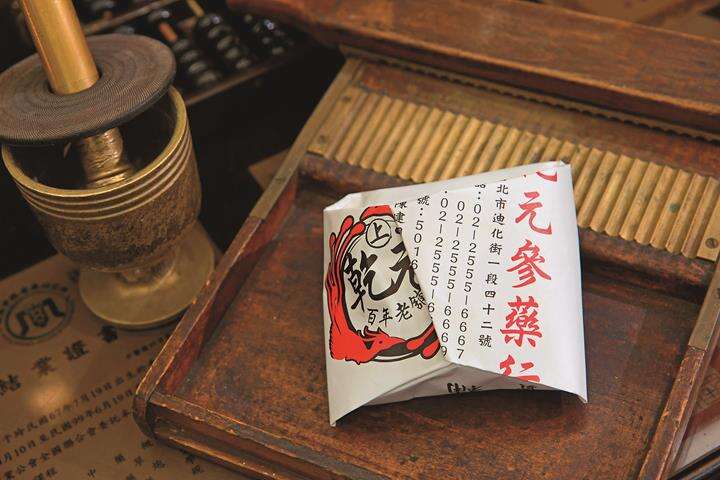
Import Restrictions Lifted and Price Becomes Affordable
In the early years, the availability of herbs was limited due to import restrictions. Products sold on Dihua Street were distributed mainly via the Taipei Chinese Herbal Apothecary Association (台北市中藥商業同業公會), and were hard to get and pricey. It wasn’t until 1988 that the restrictions were lifted and the price of Chinese medicinal herbs became affordable. For example, jujube, which had cost NT$960 per Taiwanese catty, dropped to NT$70 per catty – less than one tenth the original price. With Taiwan’s economy booming, more and more people wanted to buy these herbs as gifts or to improve their own health. Chinese medicinal herb stores on Dihua Street started to ride the “money wave” that tea merchants had enjoyed in bygone days. On a typical shopping day back then, the neighborhood would be just as busy as any commercial street before Chinese New Year is today.
Cian Yuan Apothecary (乾元參藥行), one of the stores appearing in the painting Festival on South Street by Kuo Hsueh-Hu, is now over one hundred years old. The third-generation owner of this business, Chen Jianguo (陳建國), has stepped into his father’s shoes but changed the store’s name to Shang Cian Yuan. Growing up in the store, Chen witnessed and participated in the glory that was the trading of Chinese medicinal herbs along Dihua Street.
Chen recalls that around 1990, the store stayed open until 10 pm and employed about twenty staff working until midnight in two shifts. In the daytime, seven or eight employees were on duty to take care of the non-stop flow of customers.
“Traditional herbal medicine with attractive packaging to meet customer needs and develop new markets.”
Changing Market Strategy for Chinese Medicinal Herbs
Over the past twenty years, western medicine has grown in popularity, the national health insurance has becomes a reality, and people now consider diet, and not Chinese medicine, as the main factor to be considered in staying healthy. As a result, demand for Chinese medicinal herbs has suffered and merchants have had to think of new ways to pass down the wisdom of ancestors and keep their businesses going. Chen says that he doesn’t have any fancy marketing methods or gorgeous store decorations to help him; instead, he simply walks out of his shop to spread the word and increase public exposure. He often hosts or attends seminars on health through Chinese medicine, introduces related activities whenever he can, and works with publishing companies to develop books on the topic. In these ways, he markets himself and promotes Chinese medicinal herbs at the same time.
Since 2015, another old store, Liu An Tang Chinese Medicine Co. (六安堂參藥行), has been part of the Store Reformation Project hosted by Taipei City Office of Commerce (台北市商業處). With the help of an advisory team, this shop has worked family history into interior design. Its fourth-generation owner, Yang Kaiyu (楊凱宇) and his father Yang Shifu (楊世福) have developed products that are more convenient for consumers, such as single-use packages and tea bags filled with healthy Chinese herbs. These are sold at the store and online, which makes them very popular with the younger set and Japanese tourists.
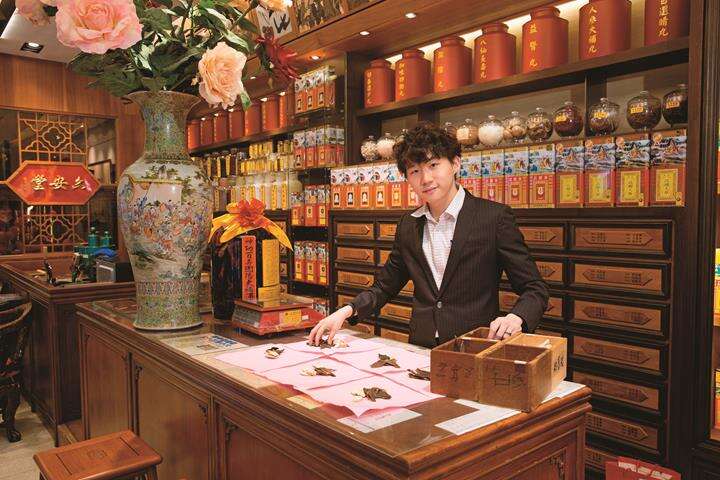
Regulations Cause Herb Shops to Decline
The herb shops, particularly those along Minle Street, have faced the same fate as Chinese medicine stores. In the early days, taking herbs to improve health or for medicinal purposes was common. But along came the National Health Insurance (NHI) with its strict regulations and the amount of business they did with customers such as Kuo-Shu Guan (a type of Chinese physiotherapy clinic) and other purveyors of folk medicine dropped sharply. Herb resellers have also struggled to maintain long-standing business relationships.
The third-generation owner of Yao de Herb (姚德和青草號), Yao Shengxiong (姚勝雄) says that he started helping his father when he was in junior high school. Back in that booming era, the store usually opened between five and six in the morning, and closed at eleven or twelve at night. After the NHI took effect, only three of six herb wholesalers survived. Many of these shops began running tea stands and selling tea in addition to herbs.
“Store reformation has changed more than interior design and product display – more importantly, it has inspired new operational strategies.”
Reformation Project Links Up With the New Generation
Once Yao Shengxiong took over, he continued to run both the wholesale and herbal tea stand businesses. Later, he decided to join the Store Reformation Project to give the store a new life. He admits that he was really struggling before the reformation. He worried that old customers wouldn’t like it, but he also realized that a dying store needs a chance at rebirth. So now, this herbal tea stand has been transformed into a hipster-style tearoom, and thus linked up with the young generation and the international world of tourism.
At first, some of the old patrons could hardly recognize the place and stopped coming. But, eventually they came back and younger folk started stopping by to take pictures and check-in on social media. Thus, more and more people have gotten to know the store.
Herb businesses specializing in Chinese and folk medicine have withstood waves of modernity, confronted their fears of being replaced by newcomers, and held their rudders in rough seas. The new generation have selected a course that navigates close to the common people, while passing down their ancestors’ thousand-year-old wisdom and keeping their businesses sustainable.
Gallery
Popular articles
 TAIPEI QUARTERLY 2018 WINTER Vol.14
TAIPEI QUARTERLY 2018 WINTER Vol.14 Taiwanese Tea Travels Overseas – Tea Family Descendants Regain their Glory (TAIPEI QUARTERLY 2018 WINTER Vol.14)
Taiwanese Tea Travels Overseas – Tea Family Descendants Regain their Glory (TAIPEI QUARTERLY 2018 WINTER Vol.14) Witnesses to History: the Rice and Grocery Industries – Finding New Expressions of the Spirit of Ancestors (TAIPEI QUARTERLY 2018 WINTER Vol.14)
Witnesses to History: the Rice and Grocery Industries – Finding New Expressions of the Spirit of Ancestors (TAIPEI QUARTERLY 2018 WINTER Vol.14) Fifty Suggestions for a Day in Dadaocheng (TAIPEI QUARTERLY 2018 WINTER Vol.14)
Fifty Suggestions for a Day in Dadaocheng (TAIPEI QUARTERLY 2018 WINTER Vol.14) Natural Ingredients – Great Tasting and Easy on the Body! (TAIPEI QUARTERLY 2018 WINTER Vol.14)
Natural Ingredients – Great Tasting and Easy on the Body! (TAIPEI QUARTERLY 2018 WINTER Vol.14) Creativity Brings Out Veggie Dish Richness (TAIPEI QUARTERLY 2018 WINTER Vol.14)
Creativity Brings Out Veggie Dish Richness (TAIPEI QUARTERLY 2018 WINTER Vol.14)
 With a Thousand Years of Wisdom – Chinese Medicinal Herbs Turn Over a New Leaf (TAIPEI QUARTERLY 2018 WINTER Vol.14)
With a Thousand Years of Wisdom – Chinese Medicinal Herbs Turn Over a New Leaf (TAIPEI QUARTERLY 2018 WINTER Vol.14)